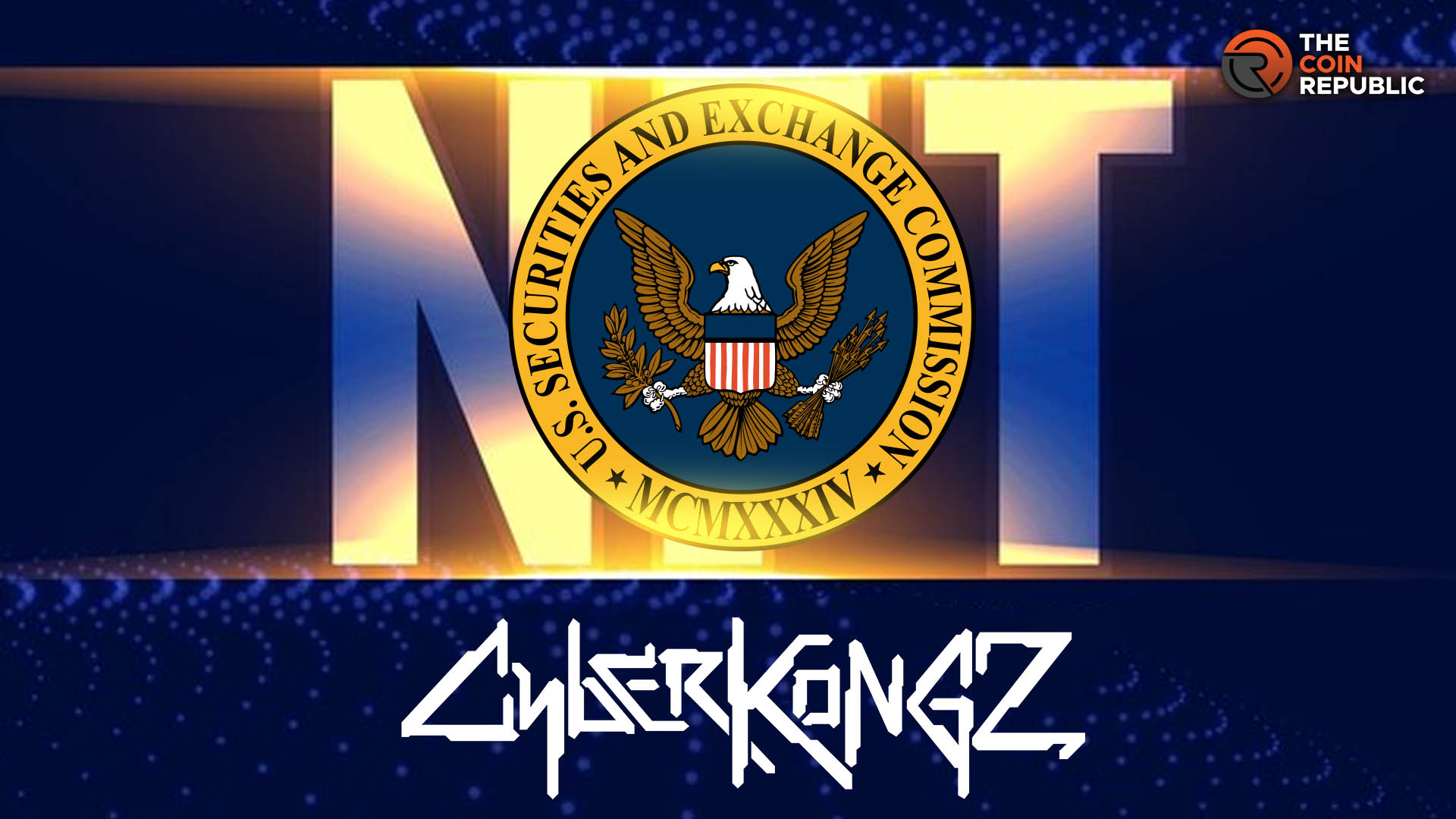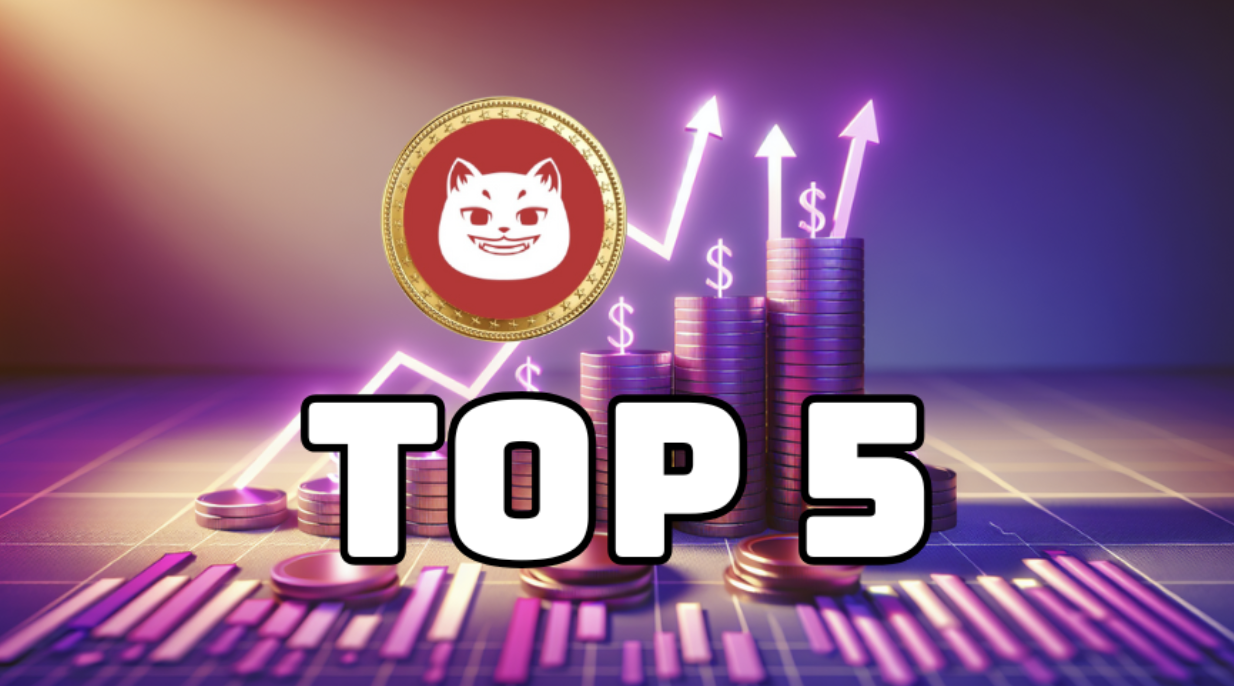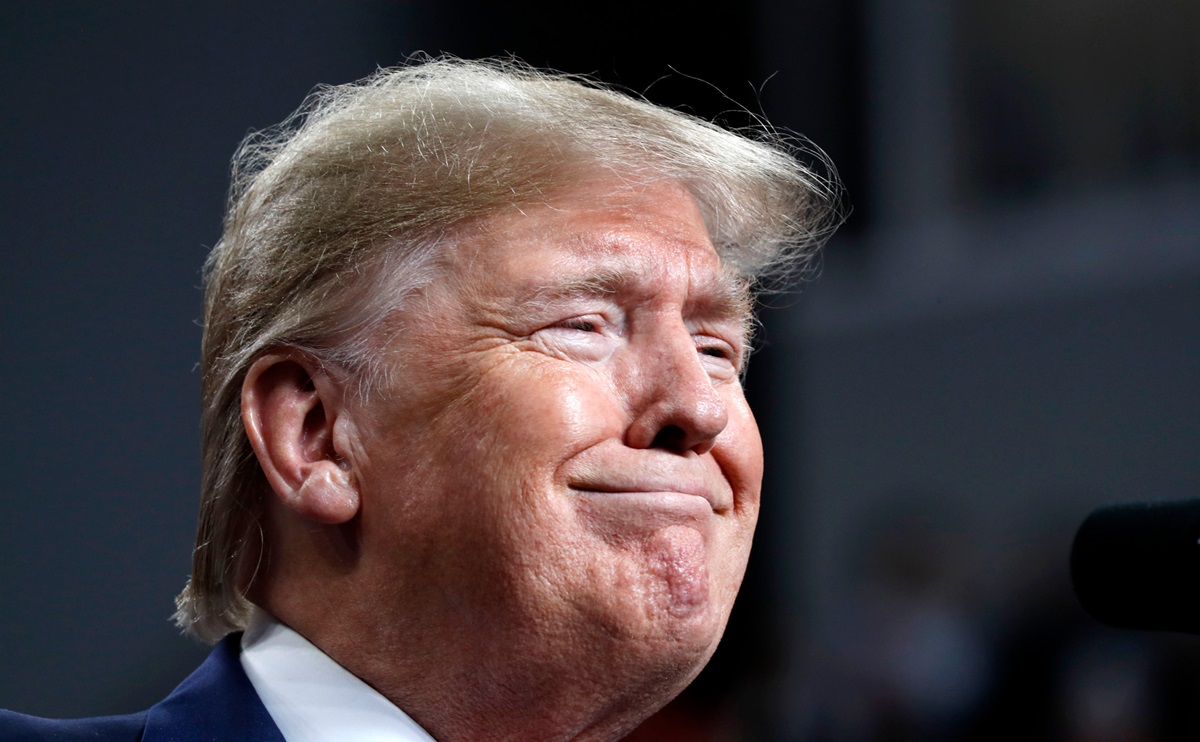The U.S. Securities and Exchange Commission (SEC) has issued a Wells Notice to CyberKongz, signaling potential enforcement action. CyberKongz, a prominent NFT project, shared its response in a post on X, criticizing the SEC’s approach toward NFT and blockchain gaming regulations.
The project highlighted that it would continue to fight for better rules affecting Web3 gaming.
The Wells Notice is official notification by the SEC staff that they may recommend charges against a specific company or a project.
CyberKongz said it had been in the crosshairs for two years as SEC raised queries over the issuing of tokens (ERC-20) along with blockchain gaming. In the view of CyberKongz, the SEC’s meaning may affect projects applying such models in the NFTs and gaming spaces.
CyberKongz has received a Wells Notice from the SEC.
We are extremely disappointed at the approach the SEC has taken towards us, but we are going to stand up and fight for a brighter future that holds more clarity for NFT projects.
We have been suffering in silence for the last… pic.twitter.com/lc6hyzUPb0
— CyberKongz (@CyberKongz) December 16, 2024
SEC Challenges CyberKongz’s Token Use and Smart Contracts
CyberKongz disclosed that one of the SEC’s key concerns is the integration of ERC-20 tokens with blockchain games. The SEC reportedly argued that such tokens must be registered as securities, raising alarm for other projects using similar structures. “This discourse would have major implications for the entire Web3 gaming industry,” CyberKongz stated in its post.
The SEC also took issue with CyberKongz’s Genesis Kongz activity in April 2021. CyberKongz clarified this was a “contract migration” rather than a primary sale, underscoring a perceived lack of understanding from regulators.
– Advertisement –
The project questioned the ability of the SEC to differentiate between blockchain-specific activities like migrations and conventional sales.
CyberKongz described the enforcement process as unjust and filled with inaccuracies, pointing to a broader regulatory gap for NFTs and blockchain innovations. The team also complained that there were no clear set rules for them to follow and that the blockchain system requires a more elaborate approach.
CyberKongz Vows to Fight for Web3 Innovation
Despite its small team and limited resources, CyberKongz committed to defending itself and advocating for the broader NFT ecosystem. The project’s leadership called the SEC’s stance a reflection of an “anti-crypto agenda” but expressed hope for regulatory change with new leadership in the U.S. administration.
The team also pointed to the SEC’s growing enforcement actions against NFTs over the past year. However, the agency had previously criticised Impact Theory and Stoner Cats 2 LLC for allegedly engaging in unregistered NFT sales. CyberKongz used these cases to explain that there is a rising concern of regulatory action against NFTs.
To reinforce its position, CyberKongz aligned itself with other key industry leaders and projects facing similar challenges. The project cited figures like Brian Armstrong of Coinbase and Hayden Adams of Uniswap, who have been vocal about regulatory hurdles. By standing together, CyberKongz aims to foster collective action for clearer digital asset regulations.
Future Implications for NFTs and the Gaming Industry
CyberKongz’s case could set a precedent for how NFTs and blockchain gaming are regulated in the future. The SEC’s position on tokens within blockchain games raises significant concerns for developers and creators across Web3 platforms. Industry participants fear that stricter enforcement could stifle innovation and hinder the growth of blockchain-based gaming.
The SEC has yet to comment on the specifics of the CyberKongz case, following its standard practice of not confirming or denying ongoing investigations. However, the agency continues to ramp up enforcement efforts under its current leadership. The outcome of CyberKongz’s case could influence regulatory strategies and industry responses moving forward.
Although CyberKongz is ready to protect its operations, the project remains positive about the future. The team declared this moment as a “new beginning” for CyberKongz, free from the burden of operating under regulatory uncertainty. For the Web3 community, the case underscores the growing urgency for clearer and fairer rules governing NFTs and digital assets.










